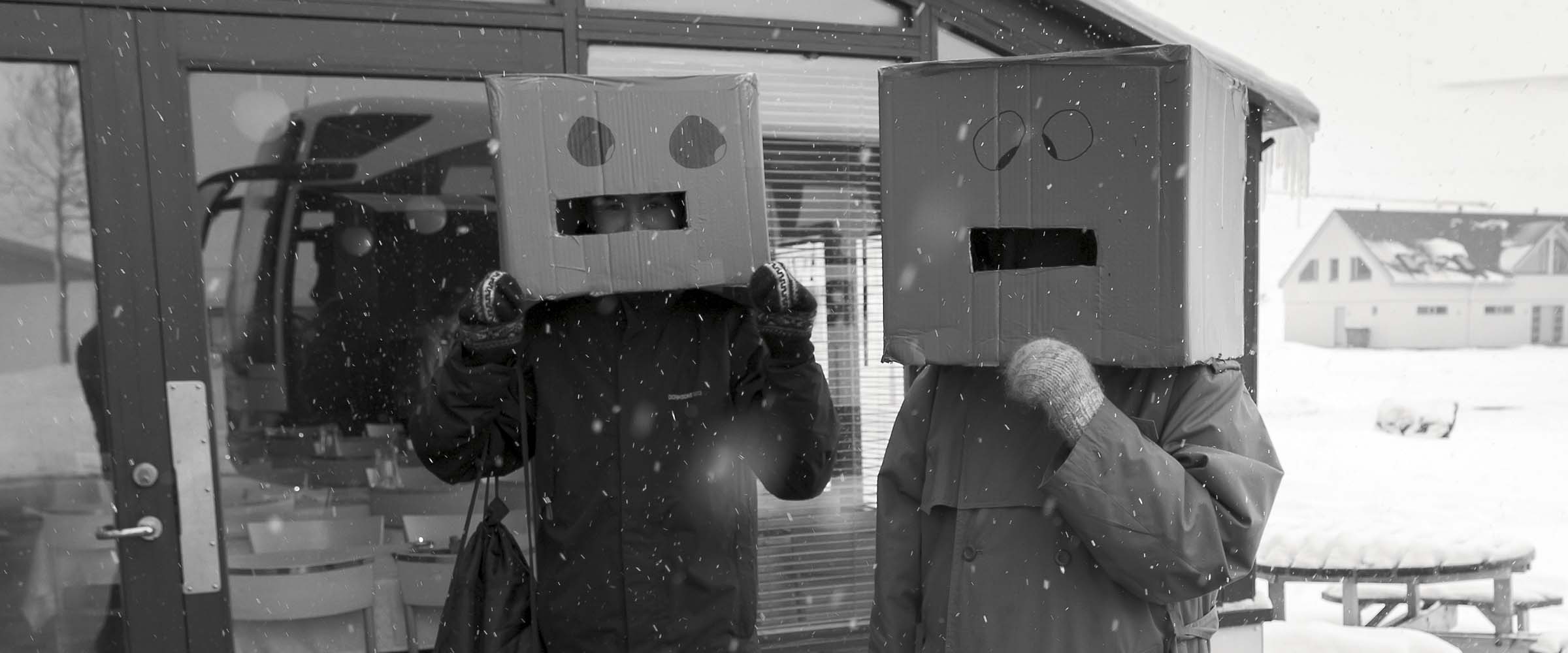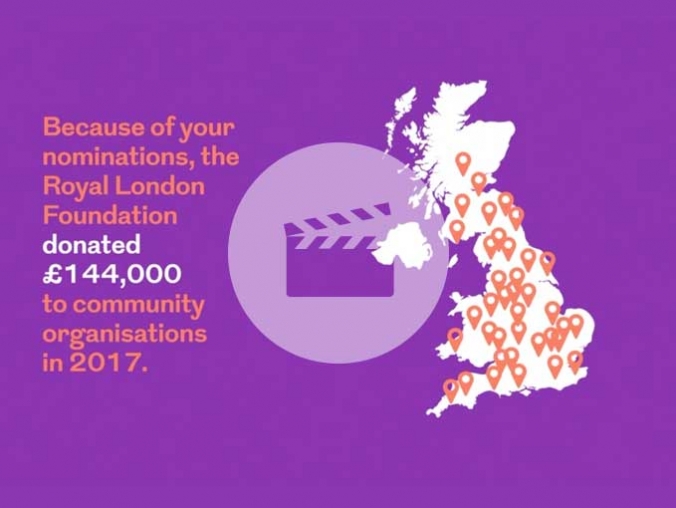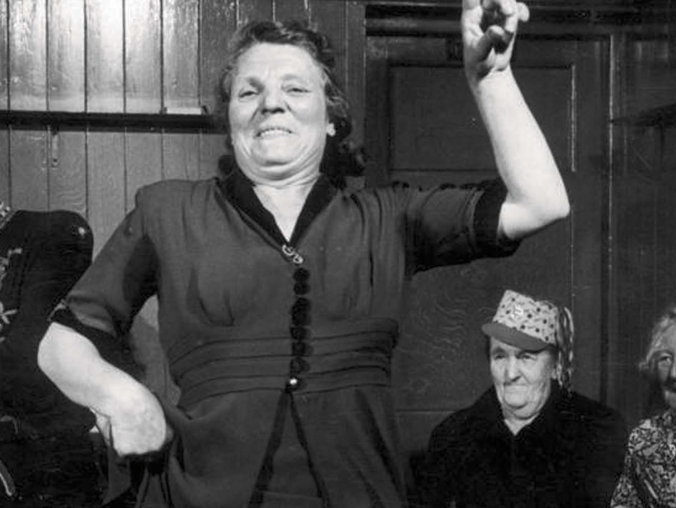

Could your lifestyle go south?
People can find themselves in an increasingly comfortable position during mid-life, but there are many things that could have a sudden impact on your lifestyle
For most of us, mid-life is less a time of crisis than of comfort: our careers are established, our mortgages reducing, pensions and investments growing and our children are no longer needing our constant attention. We have more time for ourselves, our hobbies and our travels, and a bit more money to spend on them.
But what if you encounter a real, rather than an existential, mid-life crisis in the form of a serious illness or injury that leaves you unable to work? It is not something we like to think about but, every year, 1 million people have to take more than four weeks off work due to illness or injury, according to the Association of British Insurers (ABI). Being unable to work can mean a drop in income just at the time when you have plenty of other things to worry about. How would you cope if it happened to you? It is worth reviewing your financial affairs to make sure a period of illness doesn’t leave your finances in long-term crisis.
“Most families rely on both partners’ income to pay their monthly bills, and don’t think about the impact losing one income will have on their standard of living,” says Christina Rigby, Proposition Development Manager at Royal London. “Many people recognise the need to take out life insurance to pay off their mortgage if they die, but don’t think about how their family can continue to pay their rent or mortgage if they are ill or injured, and unable to work for a long period of time. Products such as family income benefit, critical illness and income protection can all help to protect families in times of crisis.”
As with so many other crises, the better prepared you are, the easier it will be to deal with. Start by finding out how much your employer will provide. While most employees will be entitled to 28 weeks of statutory sick pay, it is set at a very low level and is unlikely to be enough to pay a family’s bills. Some employers offer company sick pay on top of that, for example offering some time on full pay and a further period on half pay, and may also offer an insurance scheme to help with medical costs. It may be possible to claim state benefits for periods off work but these, too, are relatively low. Even the most generous of company schemes will eventually run out – and if you are diagnosed with cancer or another long-term, life-limiting disease, you could find yourself with a serious financial headache to add to your other health concerns.
The next step is to work out how much you and your family would need if you find yourself unable to work for a long period, taking account of savings and income from other sources. Few of us will have enough savings to cope with a prolonged period of illness, particularly if this money is already earmarked for retirement or helping children with their education. That is where insurance protection can come in: there are a variety of products that can help to cover specific costs, or replace income should you find yourself unable to work.
The most common way to cover periods of illness is income protection insurance, which provides an income for periods in which you are off sick – according to statistics from the ABI, £3.6 billion was paid out to 129,000 people under these policies in 2015. “More and more people are self-employed, and therefore not covered by any form of statutory or occupational sick pay. For them, income protection is vital to ensure they don’t lose their home and business if they are unable to work,” says Christina.
Private medical insurance may help you get treatment more quickly, and so get back to work sooner. Another form of medical insurance is a health cash plan, which provides a cash sum if you need medical treatment. While these are unlikely to cover the costs of major operations, or replace income for long periods, they can be useful to cover dental, podiatry and other minor procedures.
One of the biggest worries for many during a period of illness is how to keep up mortgage repayments. Mortgage protection policies offer specific cover for this for a set period of time, typically between six months and two years, if you are unable to work or made redundant. You can also take out critical illness cover to provide a lump sum in a medical emergency, such as being diagnosed with a specified life-threatening disease.
The costs of these products will vary depending on factors like age, state of health and the amount of cover needed. But they can offer peace of mind at a difficult time.
More for you

How to protect yourself and your family
When money is tight, insurance can be a valuable tool to protect yourself and your loved ones in the face of an emergency
MORE
What type of cover is best for you?
Life insurance can help to protect you and your family should the unthinkable happen. But are you clued up when it comes to the type of cover you need?
MORE
Royal London Foundation: supporting your communities
Thanks to your nominations, we’ve been able to provide funding for not-for-profit organisations across the UK. Here are a few stories of those who received support from us
MORE

